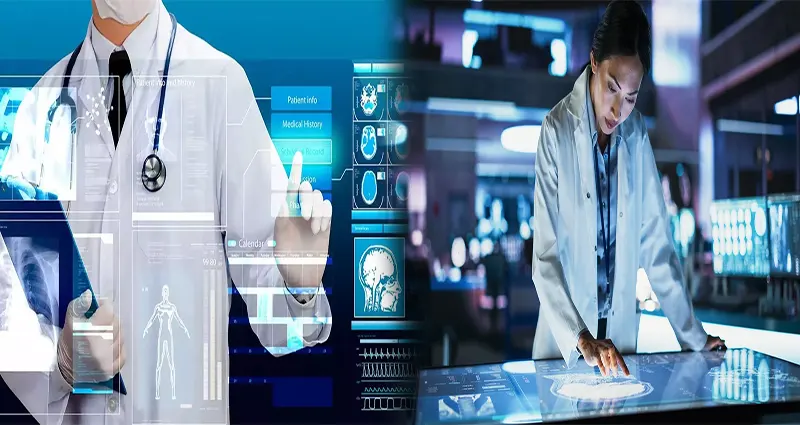In recent years, technology has played a pivotal role in transforming various industries, and one of the sectors that has seen significant change is healthcare. From electronic health records to telemedicine, technology has revolutionized the way healthcare is delivered and managed, ultimately improving patient care and outcomes.
Electronic Health Records (EHR)
The implementation of electronic health records has been a game-changer for healthcare providers. EHRs allow for seamless sharing of patient information across different healthcare settings, reducing the risk of errors and streamlining the care process. Additionally, EHRs enable healthcare professionals to access patient data in real-time, leading to more informed decision-making and personalized treatment plans.
Telemedicine
The advent of telemedicine has made healthcare more accessible and convenient for patients. Through telemedicine platforms, individuals can consult with healthcare providers remotely, reducing the need for in-person visits, particularly for routine check-ups and non-emergency care. This has been especially beneficial in reaching patients in rural or underserved areas, as well as during global health crises when physical distancing is necessary.
Wearable Technology
With the proliferation of wearable devices such as smartwatches and fitness trackers, individuals have gained greater insights into their own health and wellness. These devices can monitor vital signs, track physical activity, and even detect irregularities, providing users with a proactive approach to managing their health. Healthcare providers can also utilize data from wearable technology to better understand their patients’ health status and intervene when necessary.
Artificial Intelligence (AI) and Machine Learning
The integration of artificial intelligence and machine learning in healthcare has led to more accurate diagnoses, predictive analytics, and personalized treatment recommendations. These technologies analyze vast amounts of data to identify patterns and trends that may not be apparent to human practitioners, ultimately improving clinical decision support and patient outcomes.
3D Printing
In the realm of healthcare, 3D printing has enabled the creation of customized prosthetics, implants, and even tissue and organ replicas for surgical planning. This technology has enhanced the precision and efficacy of medical procedures, offering patients tailored solutions that were previously unavailable.
Undoubtedly, technology has brought about transformative changes in the healthcare industry, offering unprecedented opportunities for enhancing patient care, increasing efficiency, and driving innovation. As technology continues to evolve, it will be fascinating to witness further advancements and their impact on the future of healthcare. The potential for improved diagnostics, treatment modalities, and accessibility holds immense promise for the wellbeing of individuals worldwide.










